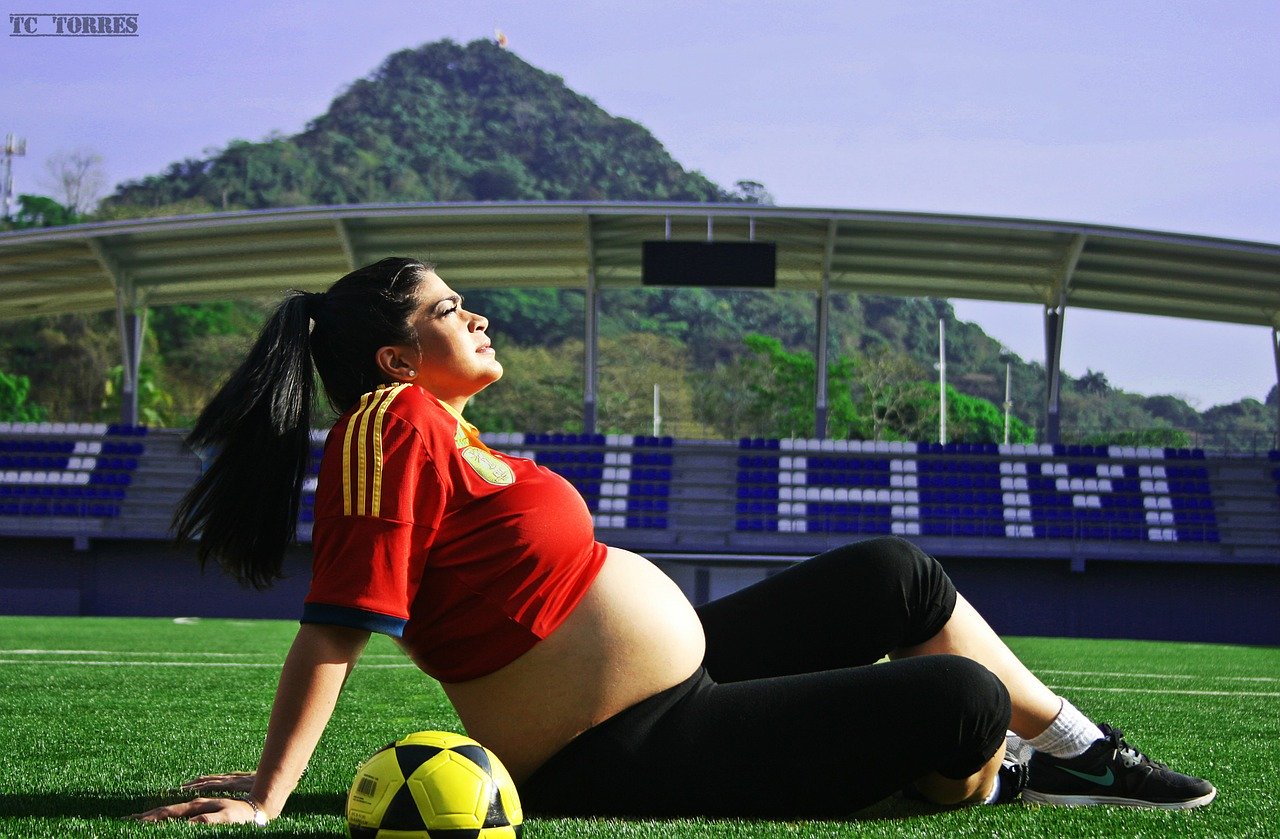In December 2019 researchers from the UK published the results of their study to assess whether vegetarianism during pregnancy is associated with altered maternal nutritional status and with cognitive function in children at six to seven years of age. It is known that vegetarian diets are characterised by lower amounts or absence of certain nutrients which are important for foetal brain development. Thus infants and children of mothers who follow a vegetarian or vegan diet during pregnancy may be at increased risk of impaired neurodevelopment due to restricted intake of nutrients required for brain development. A total of 2813 women, aged 20-34 years, were involved in the study. Dietary information was collected via a food frequency questionnaire. Blood samples were provided during the 11th week of pregnancy (78 vegetarians; 2144 omnivores) and/or during the 34th week of pregnancy (91 vegetarians; 2552 omnivores). Cognitive function of the children was assessed at 6–7 years. Results showed that consuming a diet that excluded meat and fish resulted in a lower intake of nutrients that are important for brain development. Compared with omnivorous women, vegetarian women had lower blood concentrations of arachidonic acid, docosahexaenoic acid, and cobalamin throughout their pregnancy. However, following the testing of cognitive function of the children the researchers concluded that consuming a vegetarian diet during pregnancy did not adversely affect the child’s neurocognitive development as long as the maternal levels of the nutrients required for neurological development were within the normal ranges.
Crozier SR et al. Vegetarian Diet during Pregnancy Is Not Associated with Poorer Cognitive Performance in Children at Age 6-7 Years. Nutrients. 2019 Dec 11;11(12). pii: E3029.

